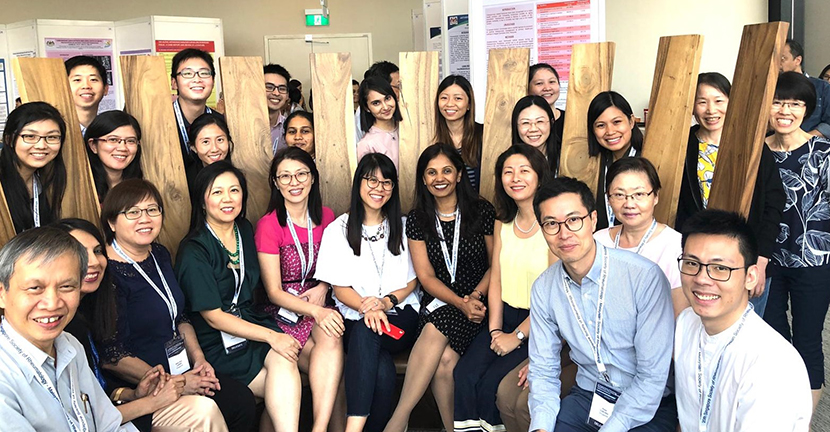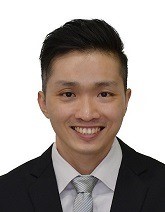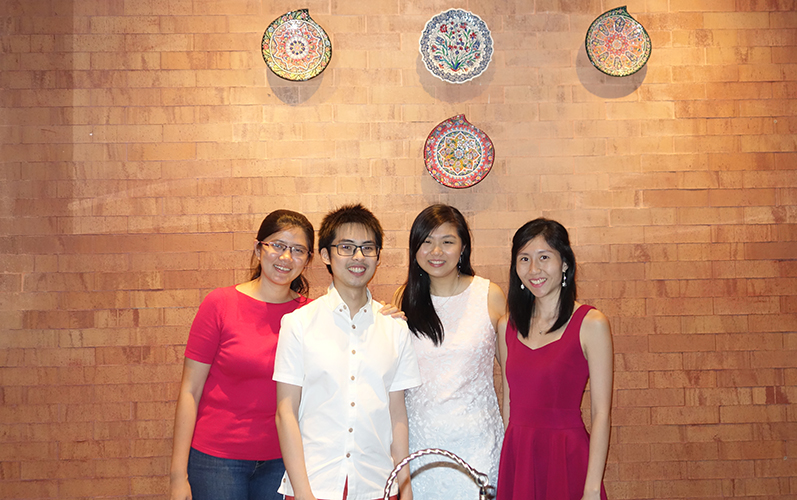
Welcome to one of the happiest specialties!
The sub-specialty of rheumatology includes the evaluation and treatment of a wide array of inflammatory, non-inflammatory, and degenerative diseases that affect the musculoskeletal and other organ systems.
Objectives
Since 2019, the Division of Rheumatology at NUHS has been an Asia Pacific League of Associations for Rheumatology (APLAR) Centre of Excellence for research, training and patient care The NUHS Rheumatology Senior Residency Programme strives for excellence in all aspects of residency education and training Our rheumatology programme aims to -
- Train residents to become accomplished practitioners and consultants specialising in the field of rheumatic diseases;
- Encourage rheumatology residents to further their professional development and scholarly pursuits that will ensure that they remain current in the field of rheumatology and immunology throughout the span of their careers;
- Foster rheumatology residents' interest to contribute to future advancement in the specialisation
Graduate rheumatologists will meet the requirements to be eligible for the local advanced trainee exit examination and be certified as proficient to practise independently in either an academic institution or in private clinical practice.
Rotations
Our senior residency programme consists of multiple areas of exposure over a period of three years, of which two years will fulfill the ACGME-I requirements. The programme will navigate the residents through a range of ward and outpatient-based clinical proficiencies in the field of rheumatology, with emphasis on building competencies in clinical patient management, bedside rheumatological procedures including musculoskeletal ultrasonography, joint paracentesis and injections, interprofessional interactions and research.
Residents will enjoy attachments to the various departments, options include on-site paediatric rheumatology, allergy, orthopedics, HRM, dermatology, physiotherapy, occupational therapy, podiatry and laboratory medicine. There are also intra-cluster and inter-cluster rotations which will increase the resident's exposure to different rheumatology units
We believe in piquing our residents' interest in research and our dedicated faculty members are committed to providing mentorship to nurture our residents' budding research ideas To increase exposure in the area of research and evidence-based practice, we encourage our residents to attend and present their research findings at both local and international conferences in the field of rheumatology. Some of our faculty are accredited as mentors for the clinician scientist programme

























